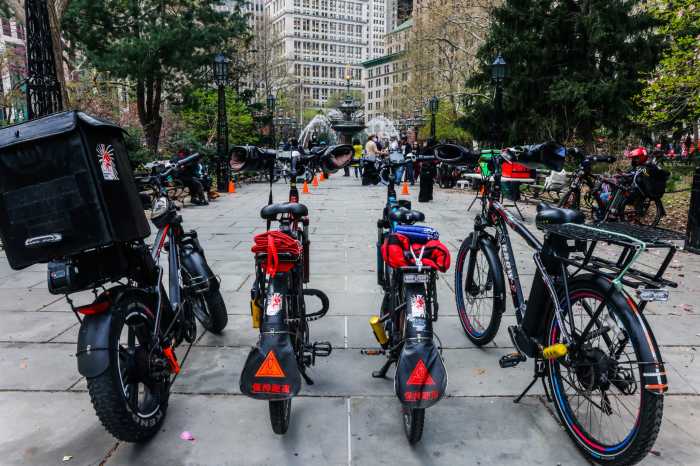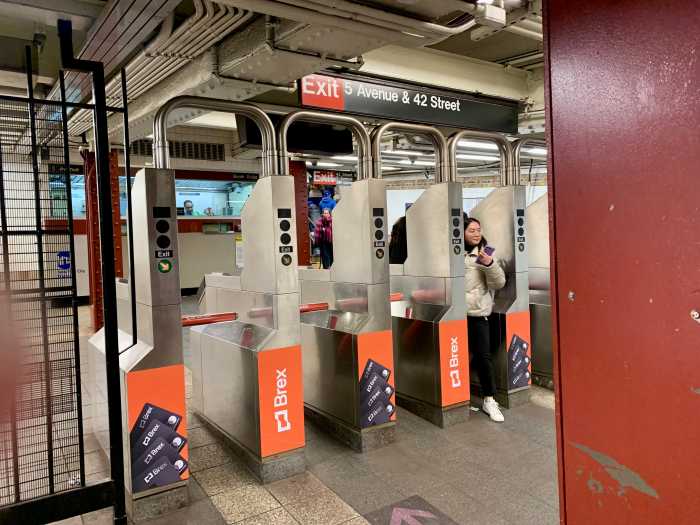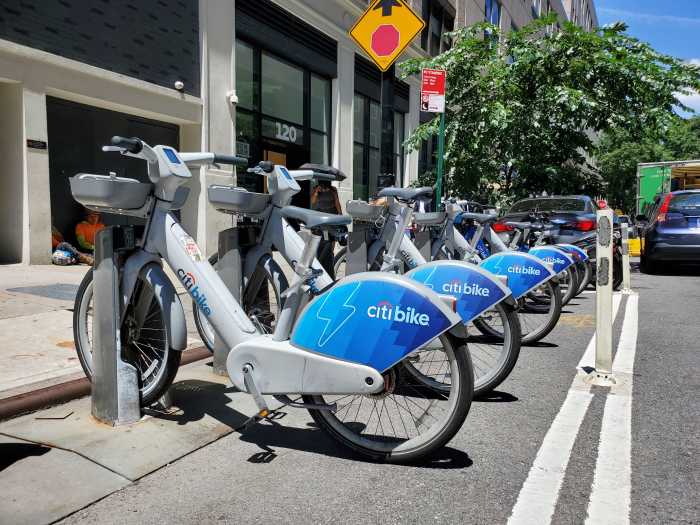
Sen. Chuck Schumer criticized the Metropolitan Transportation Authority Sunday for what he described as its inexcusably slow installation of federally mandated safety technology on its railroads.
The Senate minority leader said that the MTA will announce Monday that it will miss the previous deadline set by Congress to have the technology, known as Positive Train Control, or PTC, fully operational on the Long Island Rail Road and Metro-North by the end of 2018.
Newsday reported last week that a reprieve on the 2018 deadline was likely.
PTC uses radio transponders installed on trains and alongside tracks to communicate with each other and automatically stop a train if it is at risk of being involved in a crash. Advocates and lawmakers view the technology as a proven way to cut down on crashes involving speeding trains or conductor error.
“This is unacceptable because safety has to come first. We want our trains to be on time; we want our trains to be clean — but above all, we want our trains to be safe,” Schumer said at a news conference in Grand Central Terminal. “And if people think they’re not safe, they’re less likely to take them, and the MTA … will lose revenue.”
The MTA is set, however, to at least meet minimum project milestones to avoid potential fines as high as $27,904 a day and earn a two-year project extension, according to MTA spokesman Aaron Donovan.
Initially, PTC was supposed to be operational by 2015 under federal law, but that deadline was extended to 2018 after it became apparent that the nation’s railroads would fail to meet the benchmark. Schumer said there was “no way” it should take another two years to complete the installation and called for the Federal Railroad Administration to “impose a much stricter deadline” on the MTA.
An extension would counter previous claims from LIRR President Phillip Eng and other executives, who have for months expressed confidence that the authority would meet a Dec. 31, 2018, deadline.
“The whole intent is to, obviously, be in compliance by the end of the year,” Eng had previously insisted. “And we are confident that we are.”
Donovan did not specify exactly when the MTA plans to have PTC fully operational.
“Nationwide, we are in line with the majority of our peer commuter railroads’ PTC implementation timelines. We expect to complete our systemwide rollout in advance of the two additional years we’ve qualified for under FRA rules,” Donovan said in a statement. “Metro-North and the LIRR are extremely safe ways to travel in New York, and our work implementing Positive Train Control will only make them safer.”
The FRA did not immediately respond to requests for comment.
In a progress report published this November, the LIRR said its PTC project was 85 percent complete. But the railroad did highlight in the report that the project could potentially be delayed because of “slow resolution of several software issues” that could prolong testing. The railroad has acknowledged the PTC software has failed in several computer-simulated scenarios.
Schumer reasoned that the delay was either due to mismanagement or a lack of priority at the MTA. He said that Amtrak — “hardly the model of efficiency” — plans to have PTC operating on virtually all its tracks by the end of 2018.
The MTA’s PTC delays come as it prepares its next five-year capital program for major projects, which requires some federal funding. The slow rollout reflects poorly on the MTA’s credibility to deliver such projects, Schumer said.
“When they [the MTA] have the money and it’s taking so long to get it done, their credibility is lowered,” Schumer said. “Their credibility is pretty low to begin with.”






























